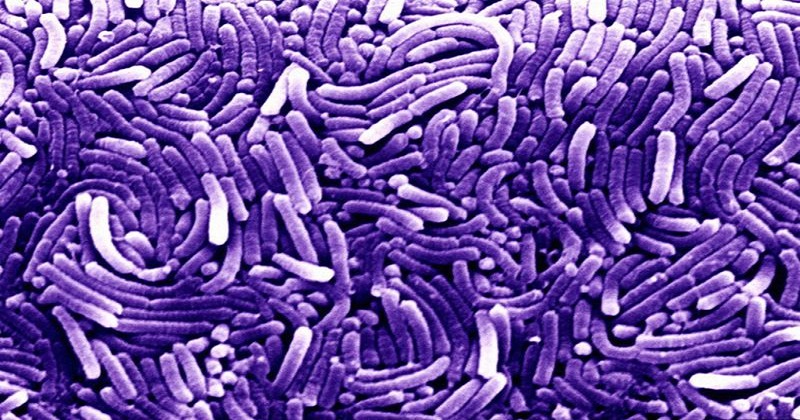
A rare virus in Bolivia called ‘Chapare’, which is capable of human-to-human transmission, discovered by scientists.
Doctors said, “The Chapare virus is in the arenavirus family. Arenaviruses are usually spread to people through direct contact with infected rodents or indirectly through the urine or faeces of an infected rodent.” According to researchers, the symptoms of ‘Chapare virus’ “resemble those of other South American hemorrhagic fevers, such as Argentine hemorrhagic fever (AHF) or Bolivian hemorrhagic fever.” While there is limited information on the incubation period of the virus, researchers said that the time between exposure and development of symptoms usually ranged from four to 21 days for arenaviruses.
The virus is discovered to be carried by rats, which in turn may have passed it to humans. Viruses spread through bodily fluids are easier to contain than respiratory viruses such as Covid-19. The findings were presented on November 16 at the annual meeting of the American Society of Tropical Medicine and Hygiene. Like corona virus, an infected person can then spread the illness to other people through contact with the patient’s body fluids.
As of now, there is no available treatment for the viral infection. However, the researchers stressed that “Supportive therapy” was important for recovery from and survival of ‘Chapare virus’. The therapy includes practices such as maintenance of hydration, management of shock, sedation, pain relief and transfusions. The only preventive method for this virus is to take precautions to avoid contact with body fluids of infected people, even after they have recovered until they have tested negative.

Post Your Comments